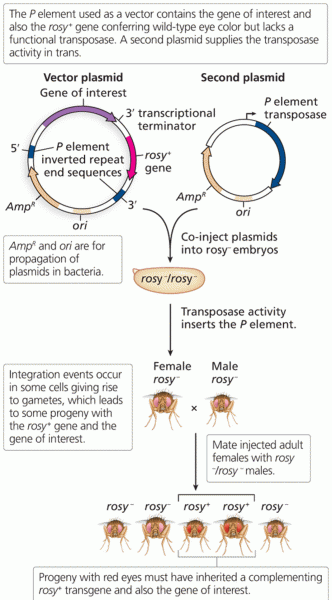|
|
|
The Food and Drug Administration has approved Risperdal, an adult antipsychotic drug, for the symptomatic treatment of irritability in children and adolescents with autism. The approval is the first for the use of a drug to treat behaviors associated with autism in children. These behaviors are included under the general heading of irritability and include aggression, deliberate self-injury, and temper tantrums.
If all the neurons in the human body were lined up, they would stretch more than 600 miles.
People with high total cholesterol have about two times the risk for heart disease as people with ideal levels.
The B-complex vitamins and vitamin C are not stored in the body and must be replaced each day.
Cancer has been around as long as humankind, but only in the second half of the twentieth century did the number of cancer cases explode.







